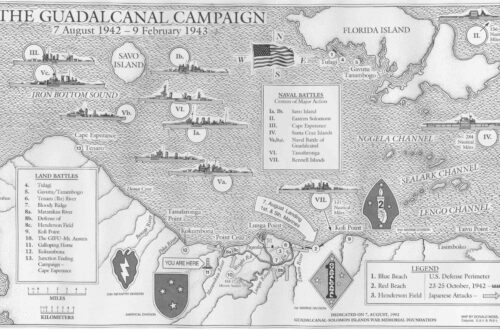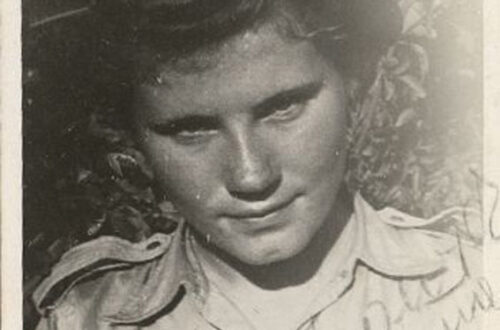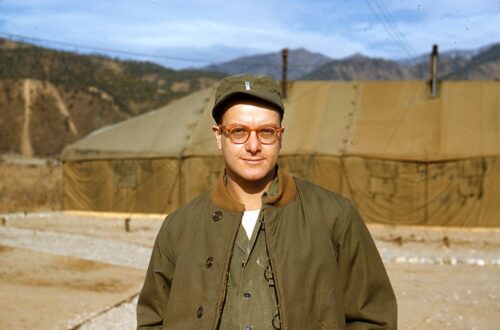PTSD Series: Vietnam
Vietnam War Veterans
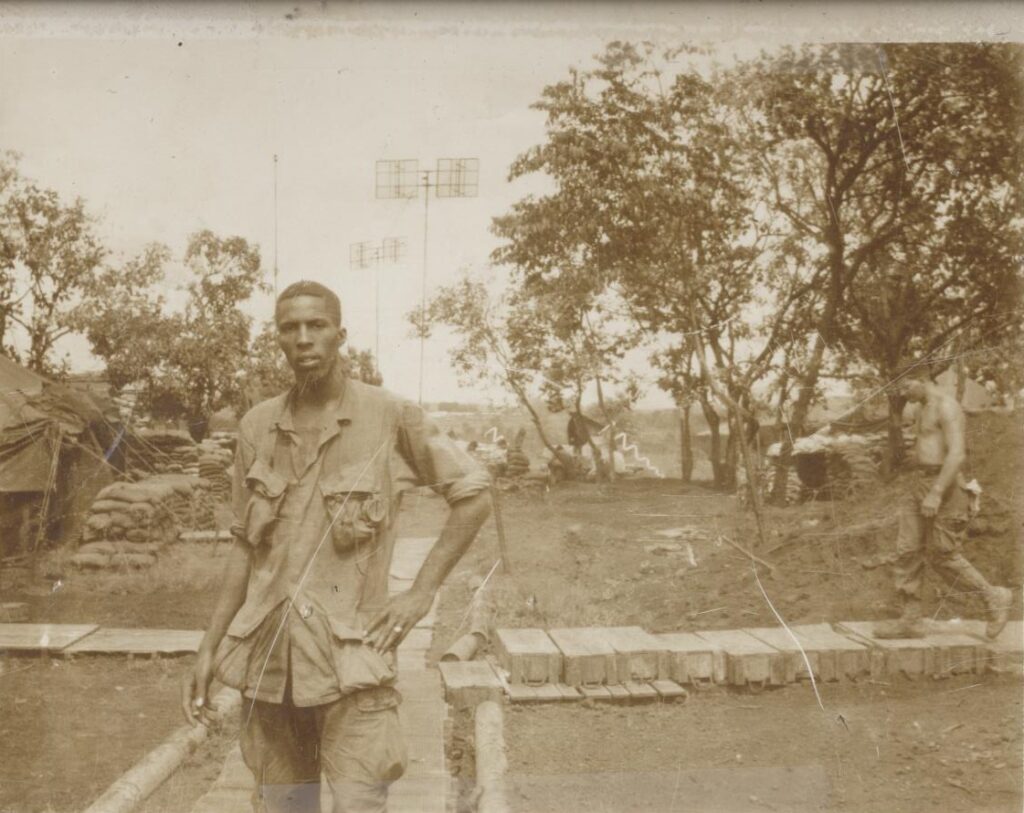
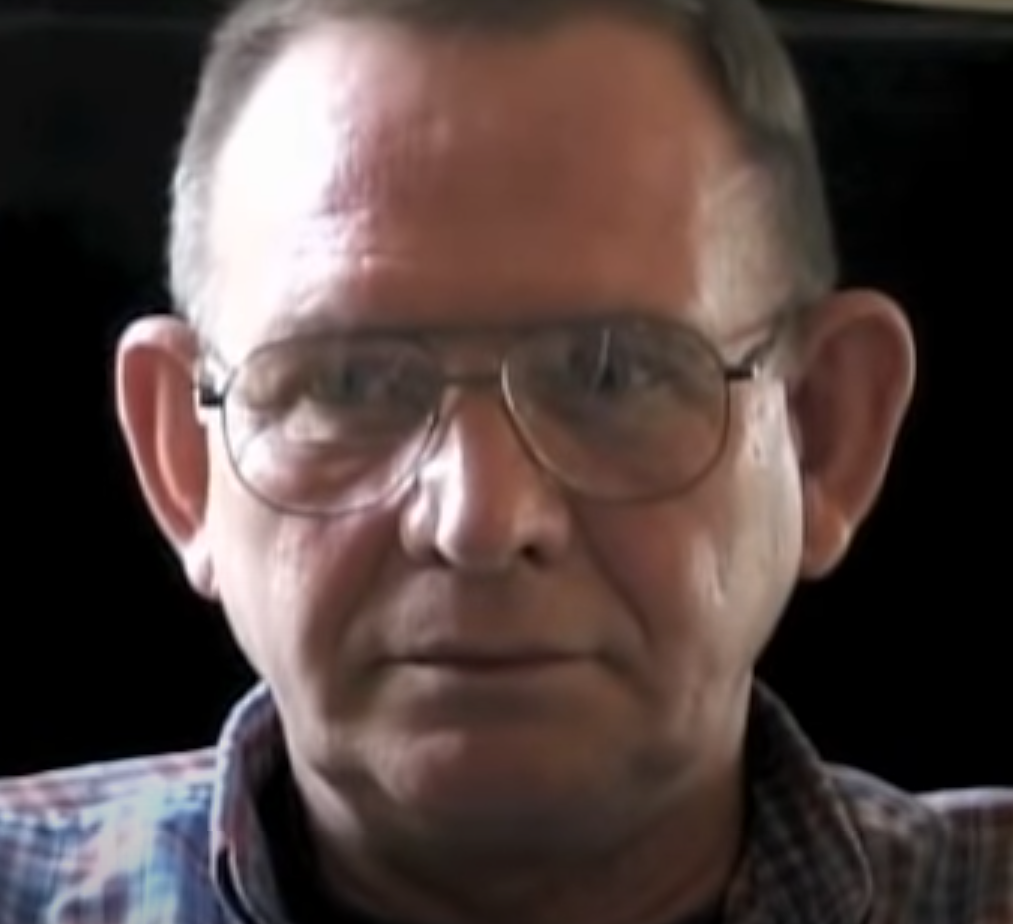
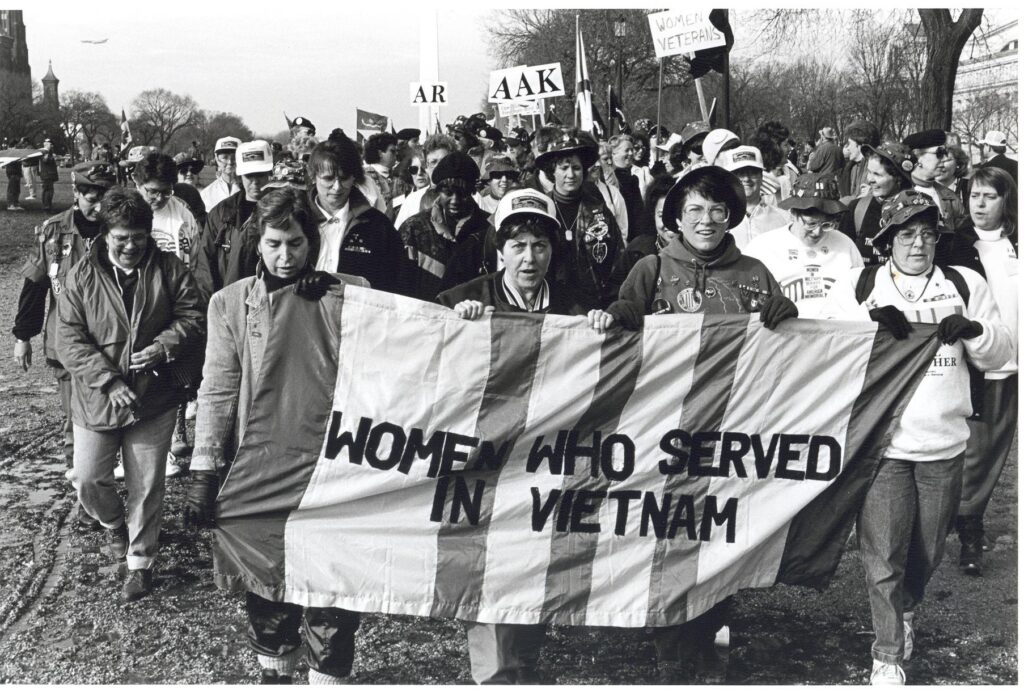
In the second part of this series, we will look at the Veterans of the Vietnam War. Vietnam veterans were the first applied with PTSD. The term was coined in 1980, five years after Vietnam, by the American Psychological Association because there was an increase in attention to mental health in academia. Studies of holocaust survivors, world war accounts, comparisons of Homer’s Iliad and Shakespeare’s Henry IV to modern examples of PTSD, and 1800’s psychiatric journals were the focus of the 1980s to the 1990s, and have become more relevant for veterans overseas since 9/11.
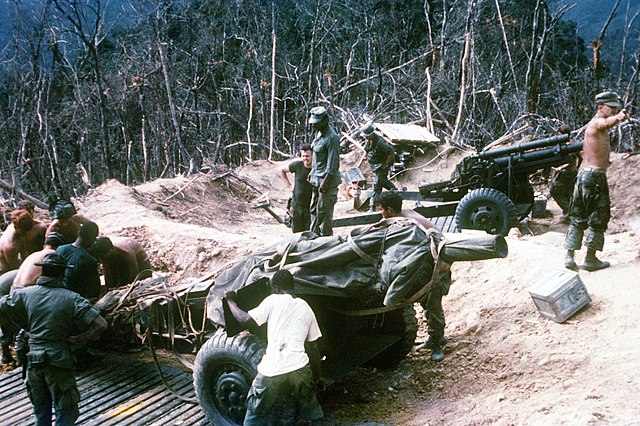
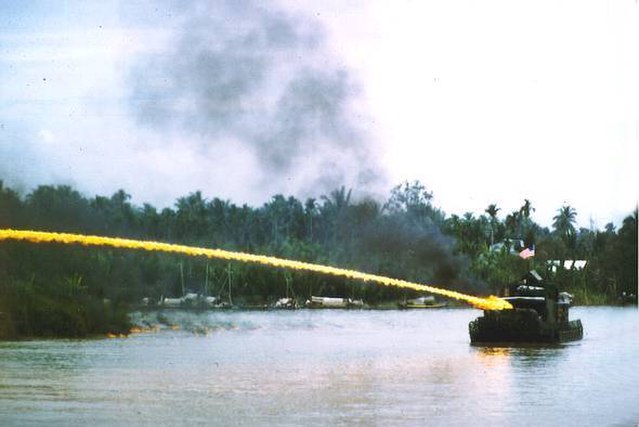
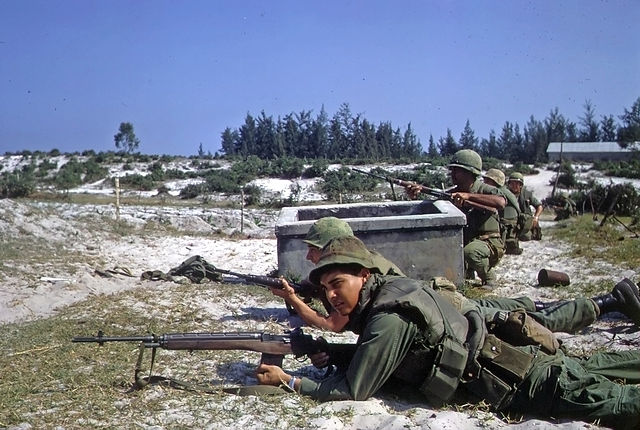
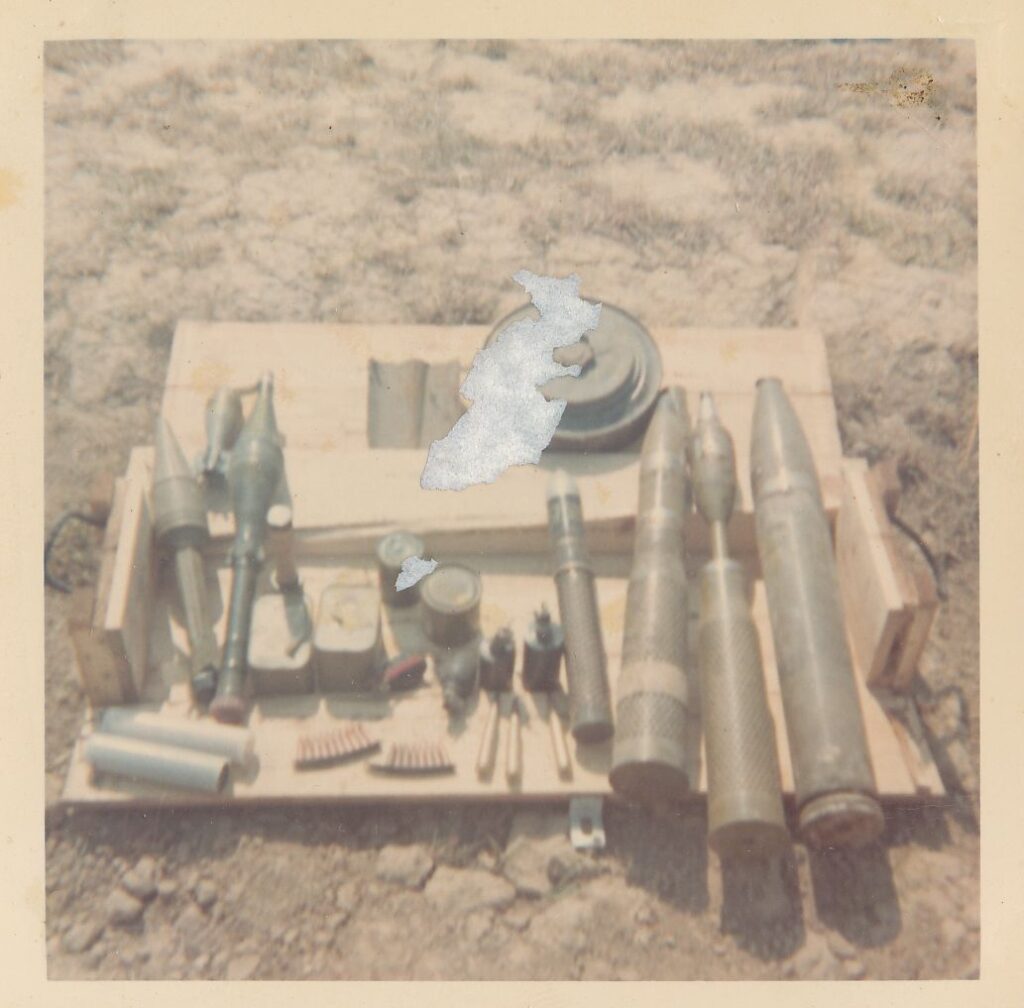
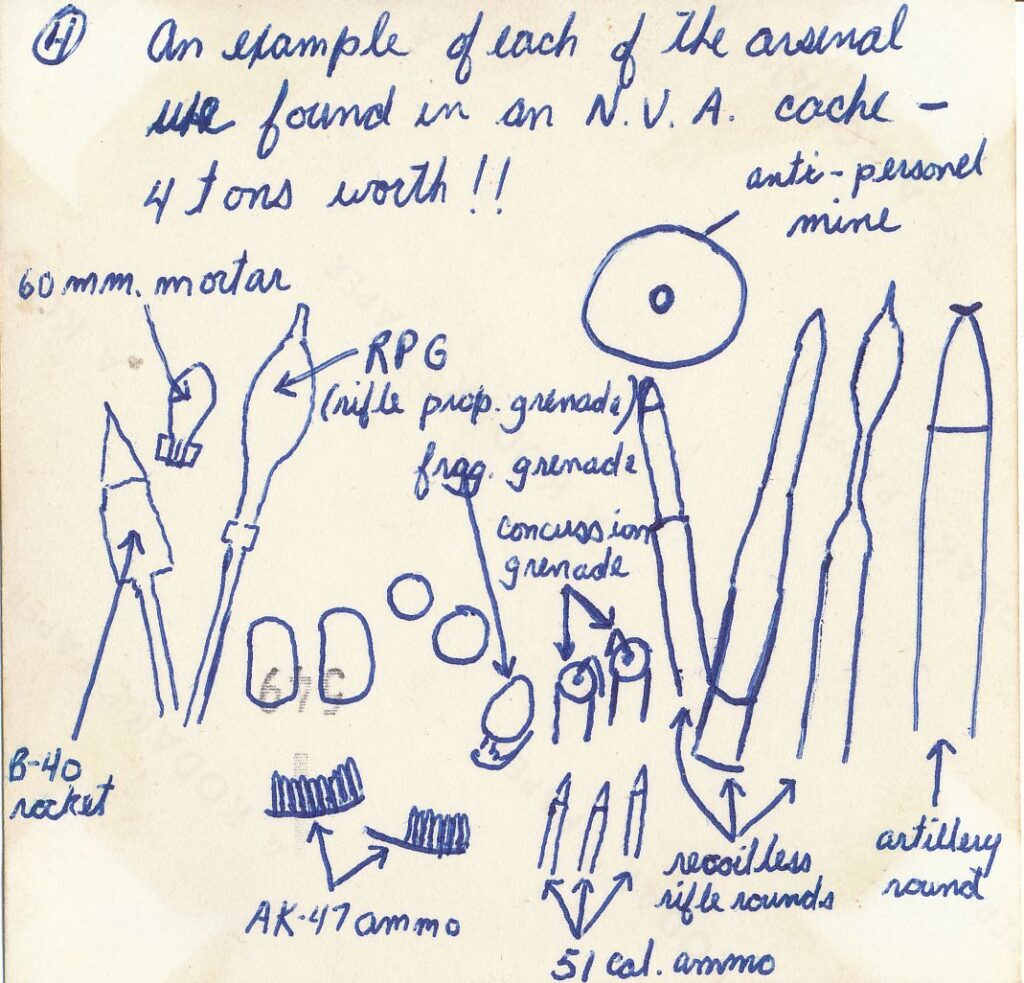
In the collection, the Vietnam veterans tell their stories of returning home which greatly differed from veterans of the previous wars.
In Vietnam we had nobody. Nobody.
Steve Harris
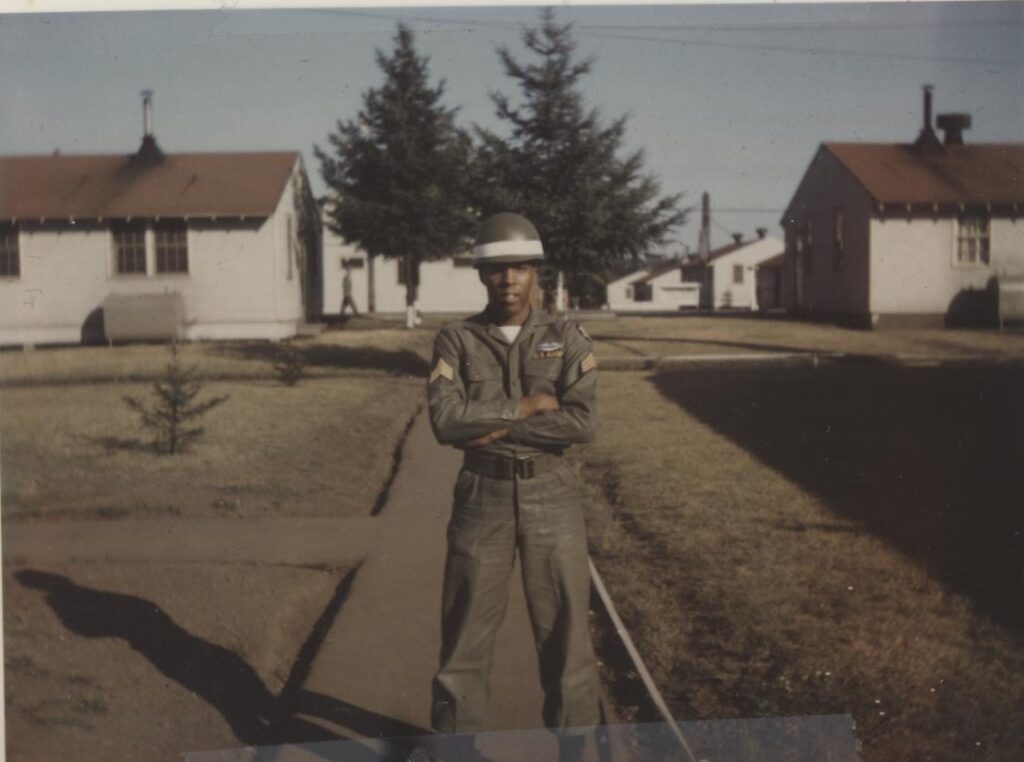
When Steve Harris, a Sergeant Steve Harris left Vietnam it was not like previous wars. In the Second World War and the Korean War, soldiers crossed the Atlantic and the Pacific Oceans by large transport ships, the soldiers were at sea for 30 to 40 days. For returning veterans, this time period offered a time to adjust to the new atmosphere. Fellow soldiers, nurses, psychologists, doctors aided and comforted the returning troops. The adjustment period allowed soldiers time to recalibrate themselves.
However, during Vietnam, soldiers returned not on ships but on transport jets. When Steve Harris returned home he crossed the pacific ocean from Vietnam to the United States in 24 hours. No time to adjust, a single day separated a stressful, chaotic environment of war and the life of a civilian.
Besides the rapid change of environment, soldiers of Vietnam did not experience the welcome as the veterans of the Second World War received. When Steve Harris was picked up at the airport by his mother and grandmother and returned home to Hartford, there were no parades nor did anyone thank him. He returned to his home city of Hartford, Connecticut ablaze.
In the summer of 1969, a year after Martin Luther King jr.’s death, 4 April 1968, tensions erupted in mass demonstrations, looting, destruction, killings, and arrests. The Hartford Race Riots horrified Steve Harris as he told the interviewer, “I just left this ****, I just left this,” and for many veterans like Harris, coming home to America, the nation they were fighting and dying for, and to be shown mass protests, riots, and unrest demoralized them and made them question their actions. there was no one to comfort them, to thank them, nor provide them the necessary aid to come to terms with what they experienced.
During and after the Vietnam War, the returning veterans not only received hate and negligence from the general populous but also from other veterans. Upon returning home, veterans of the Second World War and the Korean War created and joined veteran organizations such as the Veterans of Foreign Wars, the VFW. But for those who fought in Vietnam were met with statements such as, ” You guys did not fight a war, you guys lost a war,” by Second World War and Korean War veterans.
Vietnam veterans did not find a place where they were welcomed, accepted, or understood, they were abandoned by their fellow veterans and by the people they fought for. They could not receive help and were forced to deal with experiences by themselves.
You do a fair amount of drinking.
William Phillips
To help cope with their situation many veterans turned to the bottle. William H. Phillips revealed in his interview that many veterans in Vietnam drank during their downtime and away from the frontline to handle the stress. Even during their supposed stand downtime, the soldiers would still go out on patrols to keep their nerves up and senses sharp as to not become too relaxed.
As soldiers returned home, they continued to drink copious amounts of alcohol to help with the nightmares. As PTSD was not diagnosable and little help was offered, alcohol was used by soldiers to self-medicate and suppress the flashbacks. As a result, millions of veterans became alcoholics to deal with the stress and memories, the U.S. Department of Veteran Affairs states that 60%-80% of Vietnam veterans seeking aid for PTSD at one point used alcohol to suppress the memories.
We did not know anything about post traumaic stress.
Linda Schwartz
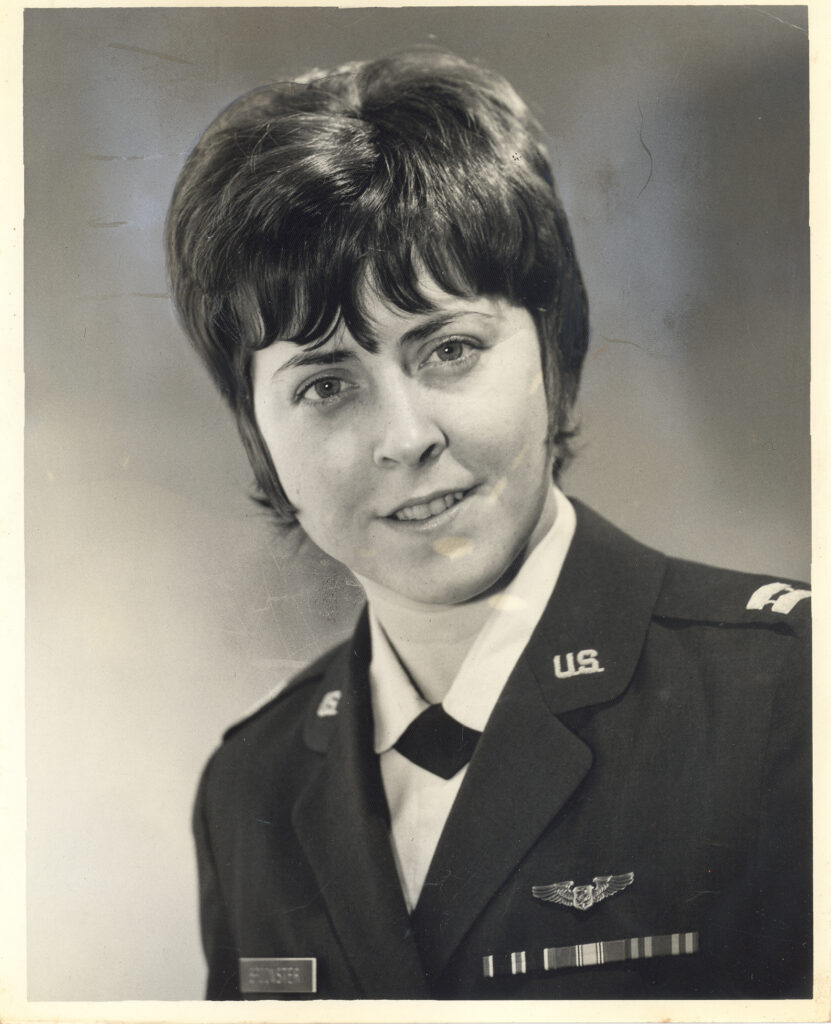
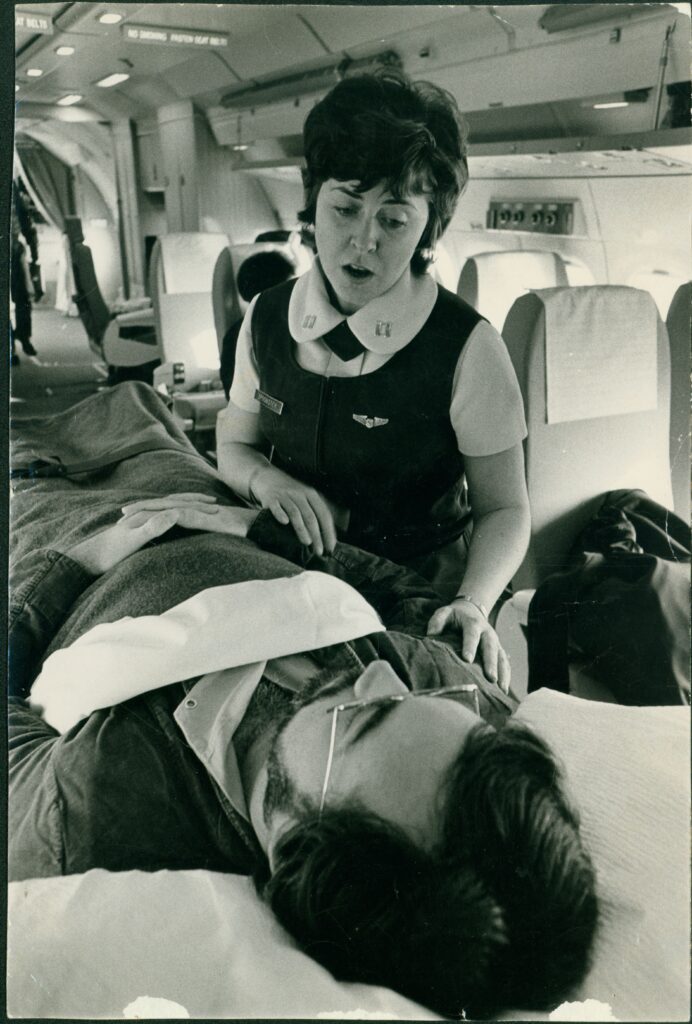
Not only did front-line soldiers who had seen combat suffer from PTSD, but so did the personnel in the rear. Lieutenant Linda S. Schwartz of the U.S. Airforce Nurse Corps revealed that partying and drinking were common escape routes for the enlisted soldiers and the officers, she stated in her interview that every night they partied. For
As the wounded left Vietnam, nurses such as Linda Schwartz were confronted with maimed young soldiers. The young men had lost fingers, toes, arms, hands, legs, feet, or eyes. Many were infected with horrendous diseases either common to Vietnam or caused by chemical warfare. While treating the young men, the nurses had to control their emotions as they went from soldier to soldier despite the amount of death and trauma in front of them. To keep calm, the nurses developed an emotional barrier to separate themselves as much as possible and focused on their job.
The end of the Vietnam War resulted in America forgetting its veterans in an attempt to forget the war. These men and women were cast aside by society despite needing the nation, the civilians, and former veterans, to back them. Only in 1983 were studies conducted by the Veterans Association to find how many Vietnam Veterans were effect by PTSD. The study of Vietnam Veterans has created awareness for all veterans; past, present, and future, and increased resources dedicated to caring and long term health needs.
